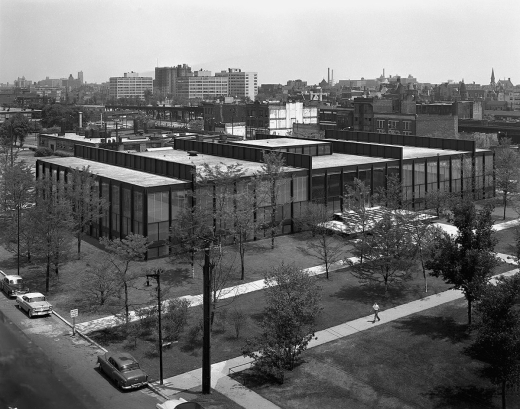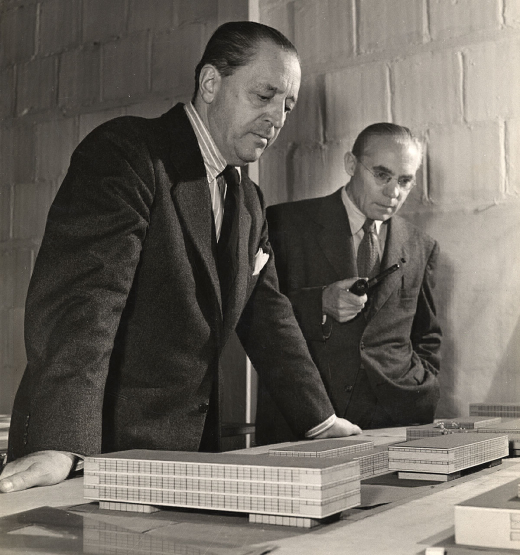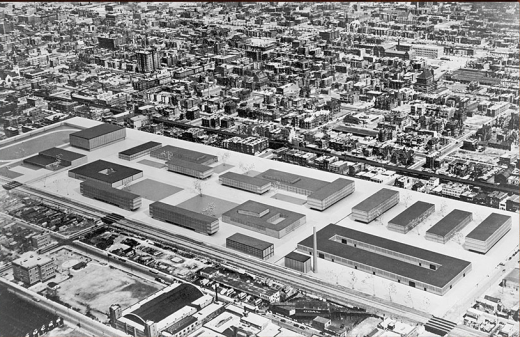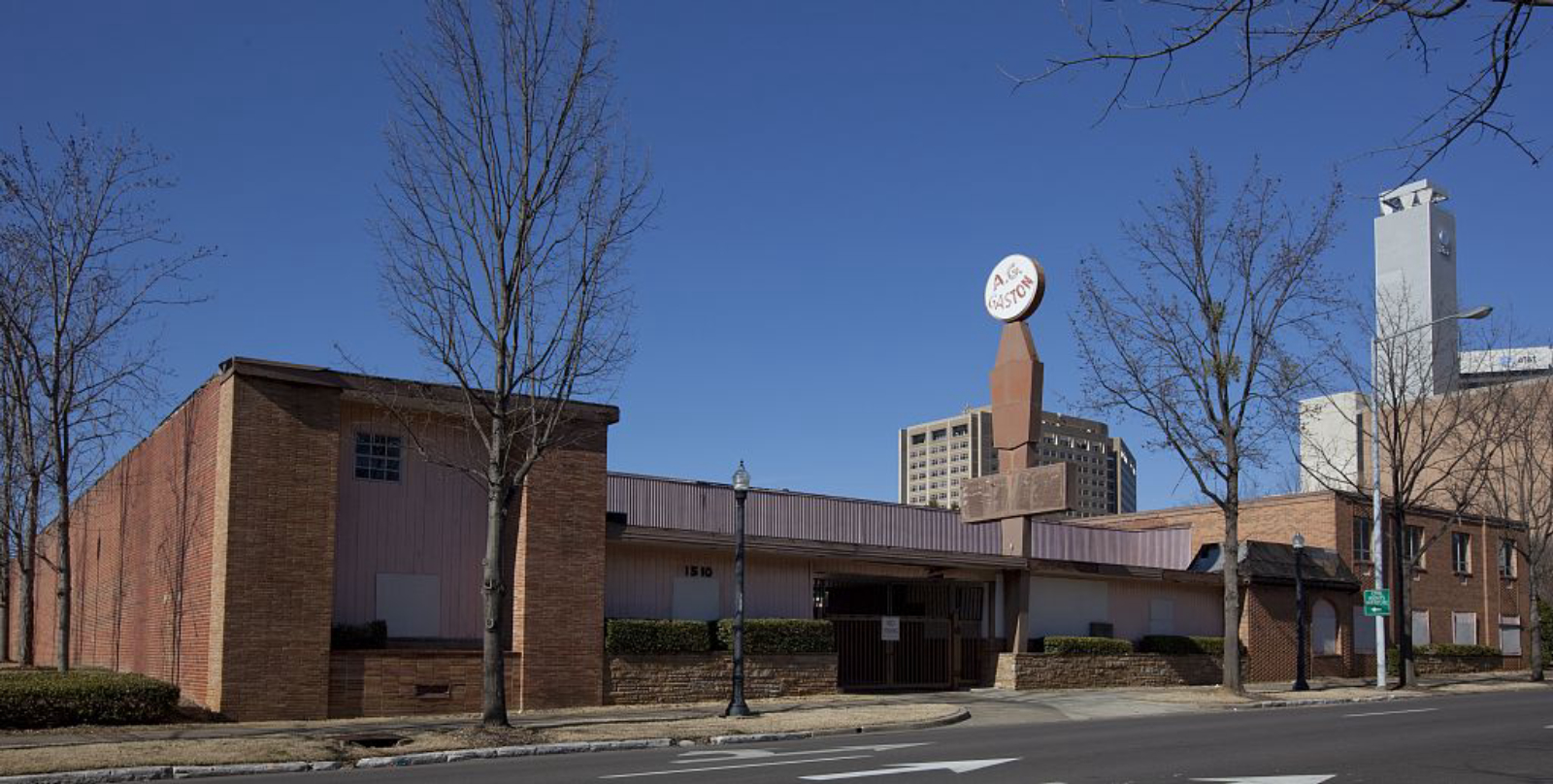The Docomomo US 2021 National Symposium, “Chicago: Crossroads of Modern America,” will feature a joint keynote address by Mabel O. Wilson and Jack Pyburn that considers how race and the African American experience have been impacted by the Modern Movement and looks at the origins of how history is determined to be significant or valuable, that may in turn lead us to reconsider what we preserve.
Mabel O. Wilson, architect, designer, scholar, and the Nancy and George Rupp Professor of Architecture, Planning and Preservation, as well as a Professor in African American and African Diaspora Studies at Columbia University, will begin the address with her presentation “Who’s Modern? Blackness and MoMA’s Architecture and Design Archive.” “Modernity has built its superior culture through its forms, aesthetics, and practices to place it above and beyond the primitive, savage, folk, and the racial other,” Wilson noted. Her talk will discuss the racialized dimensions of modernism’s canon, which has influenced the visibility and legibility of historical value.
Jack Pyburn, FAIA, preservation architect and principal at Lord Aeck Sargent, will build on the topic with his talk, “What’s Modern? African American Environments in the Time of Modernism.” His presentation will explore the context and evolution of recent past African American environments primarily through the resources in the Birmingham Civil Rights National Monument district. “Buildings need to be looked at as vessels for an exceptional history,” said Pyburn.
The keynote will be moderated by Theodore Prudon, FAIA, a leading expert on the preservation of modern architecture and the founding president of Docomomo US. “We are continually seeking to expand our understanding of modern sites and their preservation,” Prudon said. “This is a critical conversation in light of the ongoing efforts for greater equity and justice in the preservation field.”
The first day of the Symposium will close with a tour that further delve into the relationship between race and modern architecture. Mies van der Rohe’s campus master plan for the Illinois Institute of Technology (IIT) created an iconic modern campus, but it also displaced and demolished a large swath of the surrounding Bronzeville neighborhood – including the Mecca Flats apartment building, whose African American residents fought for 12 years to preserve their community. Michelangelo Sabatino, architect, preservationist, historian, and director of the PhD program in architecture at IIT, will lead the tour. “The IIT campus on Chicago’s South Side neighborhood of Bronzeville occupies a unique role as a laboratory for modern architecture, landscape architecture, planning, and more recently preservation. The IIT campus also reveals the social, economic, and cultural challenges that American society faced during the postwar years that saw the fabric of many cities torn apart in the service of urban renewal. As such, IIT is an ideal campus to visit, albeit virtually, as part of this year’s Docomomo National Symposium,” explained Sabatino.
Who’s Modern? / What’s Modern? Mabel O. Wilson and Jack Pyburn to give keynote address at 2021 National Symposium
Affiliation
Docomomo US staff
Tags
Through these presentations and tours, Symposium attendees will gain new perspectives to considering history, bias, and the resulting formation and reformations of this contextual framework based on new evidence. Participants will be challenged to consider questions such as, how can the profession build a more equitable preservation practice that looks both backwards and forwards productively? Are new resources required? How does the materiality that creates the physical presence of a site, connect history, space, and the user? How does privilege play into history and representation? What steps can we take to discover and embrace lost cultural resources to make invisible communities visible to the public?
The National Symposium will take place virtually from May 25-28, 2021. The event includes 45 speakers, four tours, opportunities to connect with colleagues, and the “MAKERS & SHAKERS Mart,” a Chicago-focused vendor hall. AIA credit is offered for all sessions and tours.
Keynote Speakers
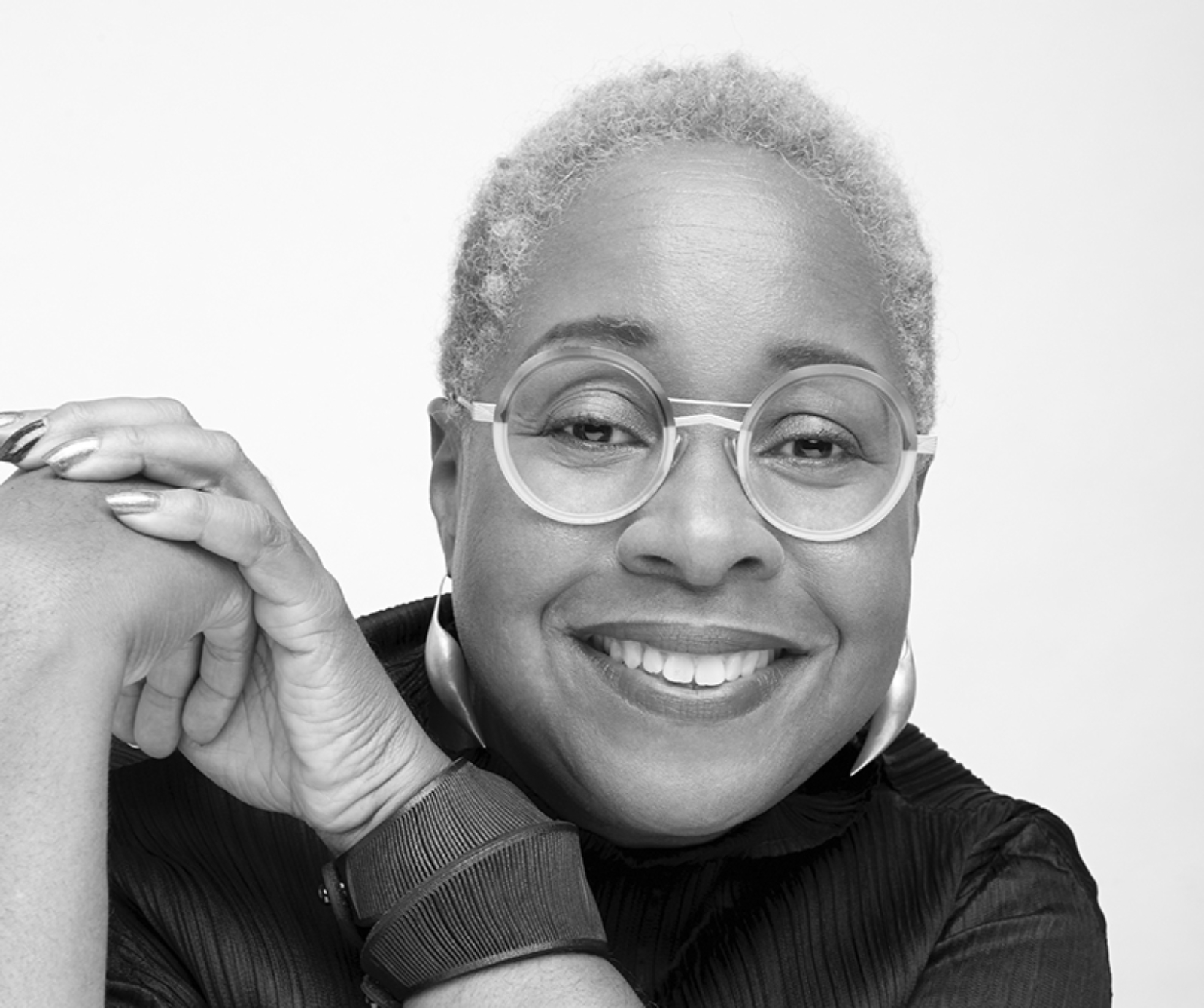
Mabel O. Wilson
Mabel O. Wilson, is Nancy and George Rupp Professor of Architecture, Planning and Preservation, as well as a Professor in African American and African Diaspora Studies at Columbia University. She also serves as the Director of the Institute for Research in African American Studies and co-director of Global Africa Lab. She has authored Begin with the Past: Building the National Museum of African American History and Culture (2017), Negro Building: African Americans in the World of Fairs and Museums (2012/21) and the volume Race and Modern Architecture: From the Enlightenment to Today (2020) with Irene Cheng and Charles Davis. With her practice Studio&, she is member of the architectural team that recently completed the Memorial to Enslaved African American Laborers at the University of Virginia. She is co-curator of the exhibition Reconstructions: Architecture and Blackness in America (2021) at MoMA. She is a founding member of Who Builds Your Architecture? (WBYA?)—an advocacy project to educate the architectural profession about the problems of globalization and labor.
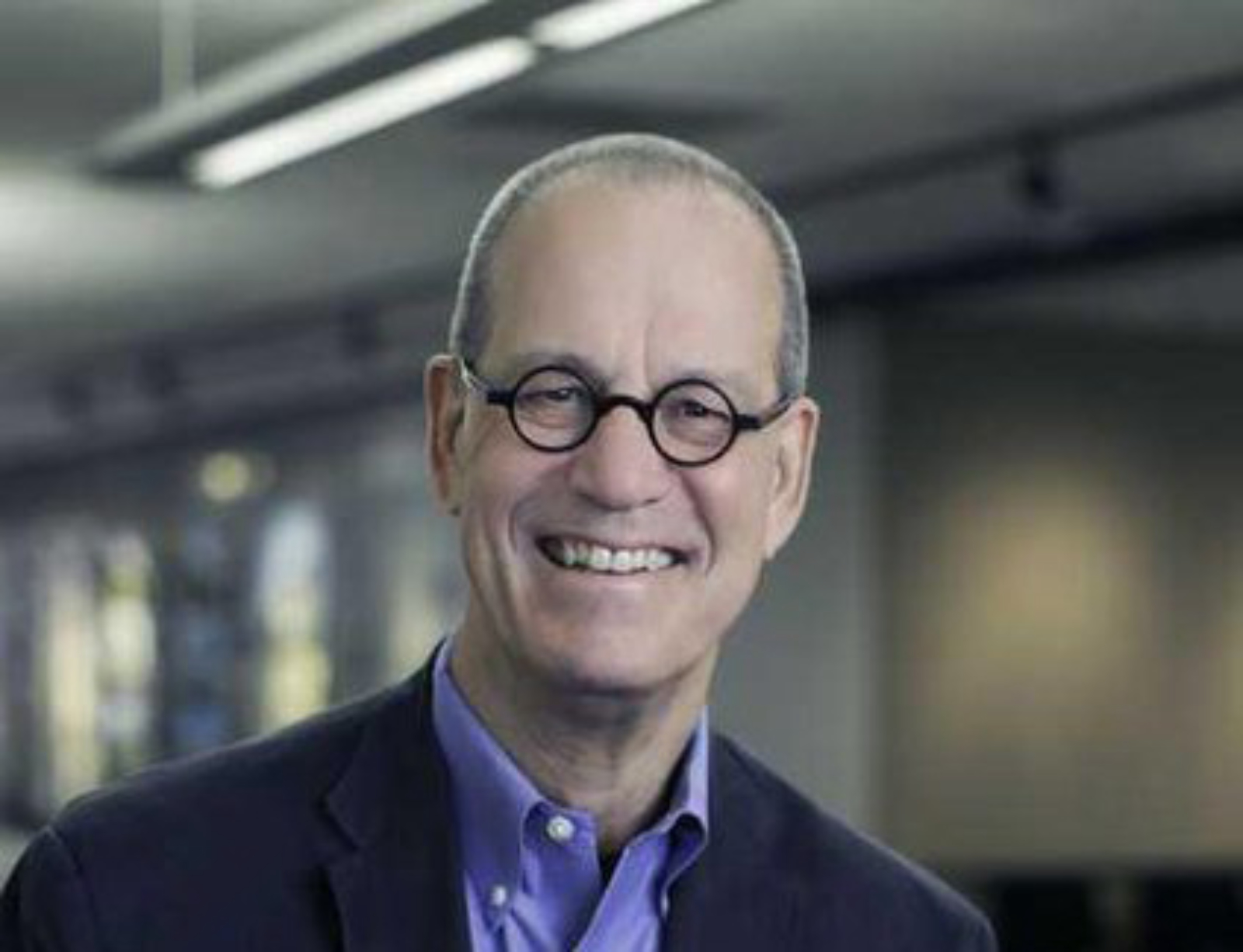
Jack Pyburn
Jack Pyburn, FAIA is a preservation architect and principal at Lord Aeck Sargent in Atlanta, Georgia. His career, after graduating from Washington University in St. Louis in 1971, started as a planner working with neighborhood leaders to improve the public infrastructure in the African American community of Mecham Park in suburban St. Louis. Since that exceptional formative experience, he has had the privilege of working on a number of buildings and sites important to African American history ranging from slave quarters at Oakland Plantation in Louisiana to the home of Ms. Modjeska Simpkins in Columbia, SC where Ms. Simpkins and Thurgood Marshal planned early and successful civil rights litigation on which the Brown vs the Board of Education decision was based.

